White Papers
Our white papers examine the pressing issues surrounding supply chain management, including allergens, antibiotic use, modern slavery and sustainability. We have surveyed hundreds of senior supply chain professionals to get their opinions on these matters, and we also explore what solutions can be implemented to mitigate these risks.
Filters
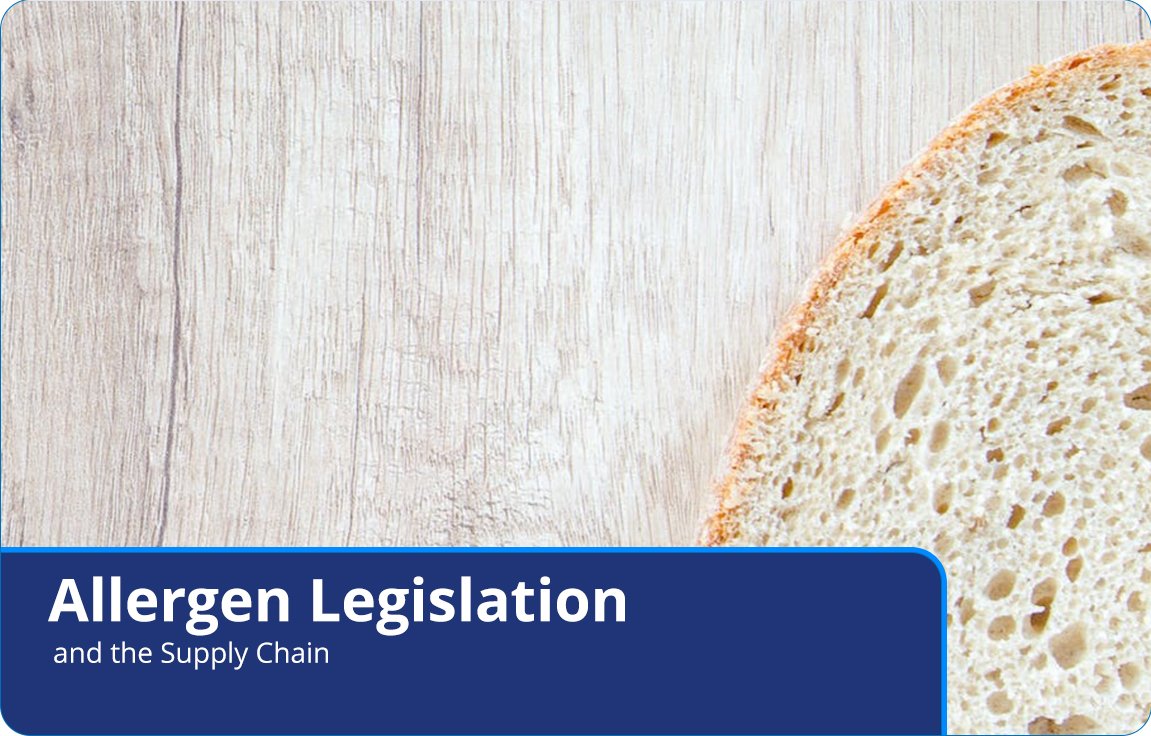

Allergen Legislation and the Supply Chain
Allergens and their legislation remain a key issue within supply chains. The mishandling of allergen information can cause dangers that often result in product recalls, costing […]
Allergens and their legislation remain a key issue within supply chains. The mishandling of allergen information can cause dangers that often result in product recalls, costing businesses money, and damage to brand reputation.
Our updated report examines the importance of monitoring allergens in the supply chain.
“An Introduction to Allergens in the Supply Chain” covers the following issues in detail:
- What makes an allergen?
- The impact for food allergy sufferers.
- How allergens impact the supply chain.
- The importance of access to data and how technology can help.


Allergens in the Supply Chain: an Introduction
Allergens remain a key issue within supply chains. The mishandling of allergen information can cause dangers that often result in product recalls, costing businesses money, and […]
Allergens remain a key issue within supply chains. The mishandling of allergen information can cause dangers that often result in product recalls, costing businesses money, and damage to brand reputation.
Our updated report examines the importance of monitoring allergens in the supply chain, covering the following issues in detail:
- What makes an allergen?
- The impact for food allergy sufferers.
- How allergens impact the supply chain.
- The importance of access to data and how technology can help.
Would you like to find out more? Fill in the form to access the report.
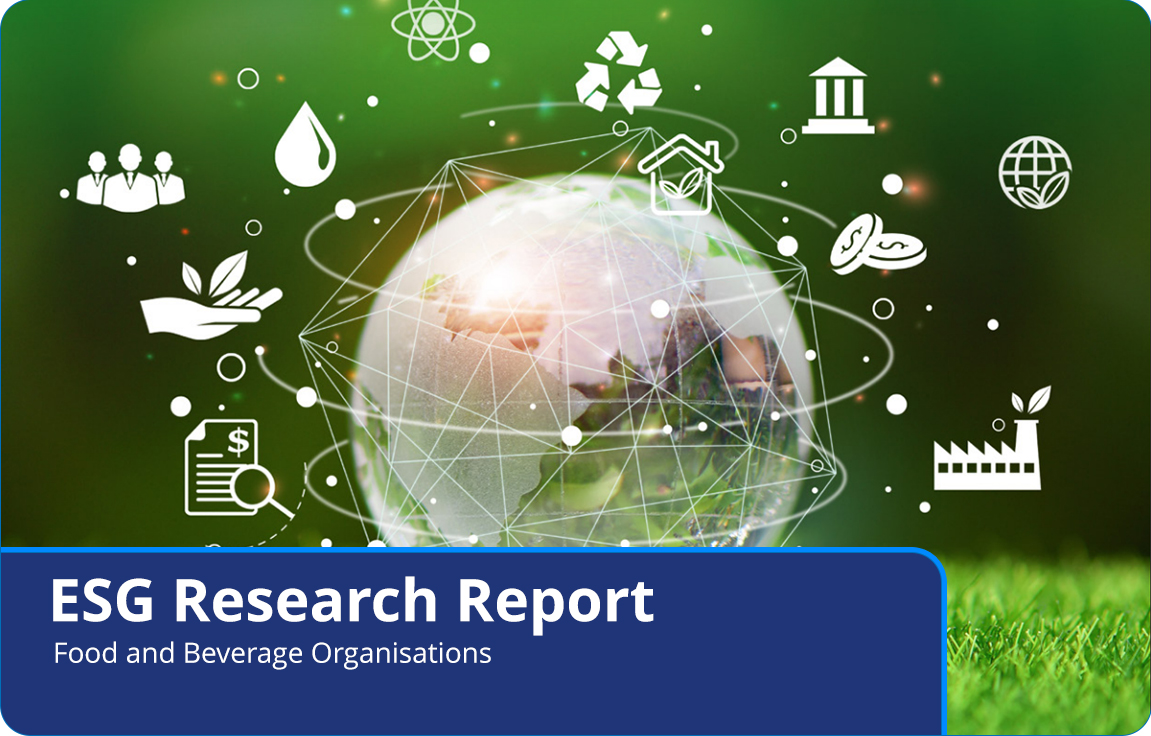

ESG Research Report: Food and Beverage Organisations
This ESG Research Report looks at the priorities for procurement professionals in food and beverage organisations, particularly how they are approaching supplier management. Presently, food and […]
This ESG Research Report looks at the priorities for procurement professionals in food and beverage organisations, particularly how they are approaching supplier management.
Presently, food and beverage organisations have a significant impact on global health and sustainability.
They must examine their approaches to ESG concerns across their supply chain, not just ensuring their own compliance is in order, but that the required due diligence has been performed for them to have confidence in their suppliers.
Therefore, to gain a deeper understanding of the ESG issues faced across sectors, how organisations are approaching them, the targets they are setting, and the processes they currently have in place, Trade Interchange sourced a market research agency to target procurement professionals across a variety of sectors in organisations with a turnover of more than £30 million.
This ESG research report delves into the results submitted by our respondents in foodservice and hospitality and food manufacturing organisations.
Through our 205 responses, we explored:
- The Key ESG Issues Across Foodservice and Hospitality, and Food Manufacturing
- What Accreditations do Company’s hold and Collect from Suppliers?
- Are Organisations Setting Targets for their Suppliers?
- And More
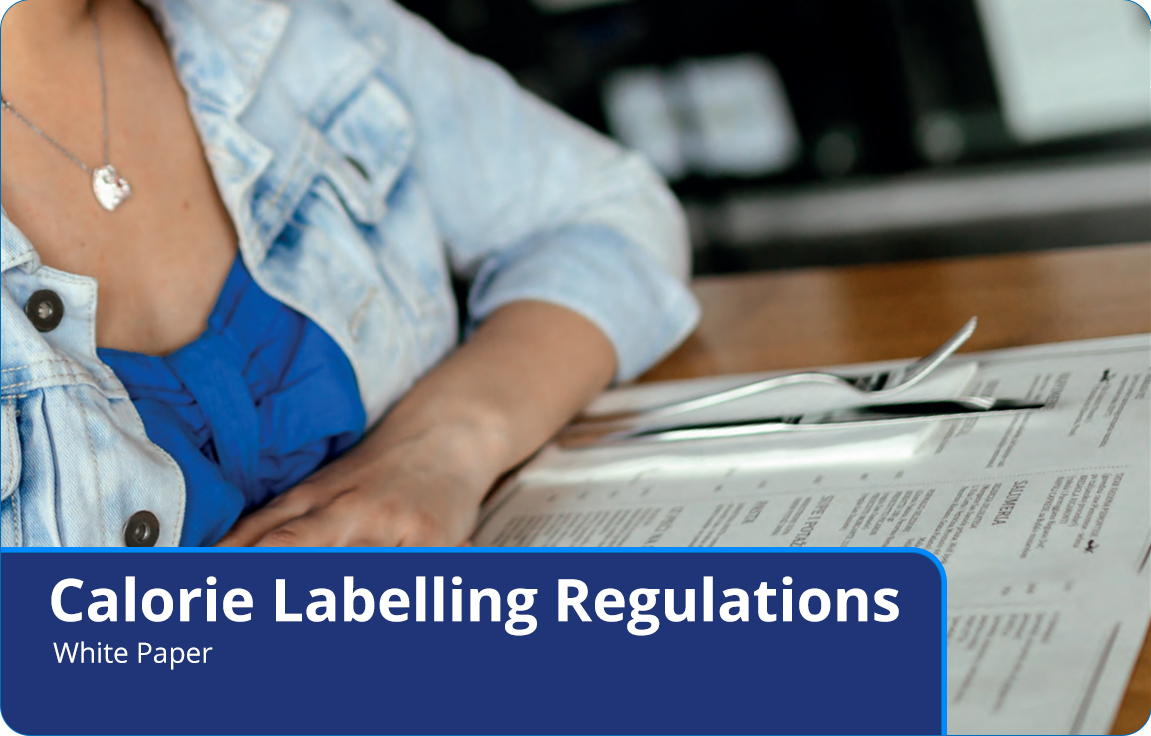

Calorie Labelling Regulations White Paper
The food environment is a constantly evolving one, and convenient opportunities such as eating out or getting takeaways are beginning to form an increasingly growing proportion […]
The food environment is a constantly evolving one, and convenient opportunities such as eating out or getting takeaways are beginning to form an increasingly growing proportion of people’s diets in the UK.
Worryingly, a 2020 report published by the NHS that included information on obesity-related hospital admissions, obesity prevalence, and more, showed that obesity was becoming more common in adults and children in the UK.
Due to rising obesity rates in the UK, the government announced in February 2021 the introduction of the Calorie Labelling (Out of Home Sector) (England) Regulations 2021. The regulations, which come into effect on 6 April 2022, will introduce legislation to mandate calorie labelling for large businesses in the “out of home” food sector in England.
This Trade Interchange white paper, produced in conjunction with the Food Databanks National Capability, Quadram Institute, examines what the Calorie Labelling Regulations mean for foodservice and hospitality businesses and consumers, and also explores how calorie information can be automatically collected directly from suppliers.


Sustainability in the Food & Drink Supply Chain: The Green Appeal
Sustainability Trade Interchange Report: The rise of the conscious consumer and what it means for the food and drink industry. This white paper, which has been […]
Sustainability Trade Interchange Report:
The rise of the conscious consumer and what it means for the food and drink industry.
This white paper, which has been updated, examines the importance of monitoring sustainability in the food and drink supply chain.
‘The Green Appeal’ covers the following issues in detail:
- What is Sustainability, and why is it important?
- The Paris Agreement
- Disclosure and Reporting
- What is Greenwashing?
- Challenges and Solutions
- The Role of Technology


The Transparent Supply Chain: Time to Act
Transparent Supply Chains: Trade Interchange Report How a traceable and robust supply chain can protect your company’s reputation. Trade Interchange conducted independent research which surveyed 200 […]
Transparent Supply Chains: Trade Interchange Report
How a traceable and robust supply chain can protect your company’s reputation.
- 71% of respondents view brand reputation as ‘very’ or ‘quite’ important.
- 41% of respondents believe food scares relating to allergens, antibiotics or bacteria are the largest threats to brand reputation.
- 41% of respondents agreed that ‘up-to-date, reliable and compliant’ data is the most important thing to fall back on should a reputational supply chain crisis hit.
Trade Interchange conducted independent research which surveyed 200 managers and executives working across procurement, supply chain, technical, quality, legal and finance departments in the food and drink industry.
They were questioned about how UK businesses respond to the challenges of managing their supply chains, and if there is an awareness surrounding how a business’s brand can be negatively affected by problems in the food and drink supply chain.
Curious about their responses on the importance of a transparent supply chain? Fill in the form to access.
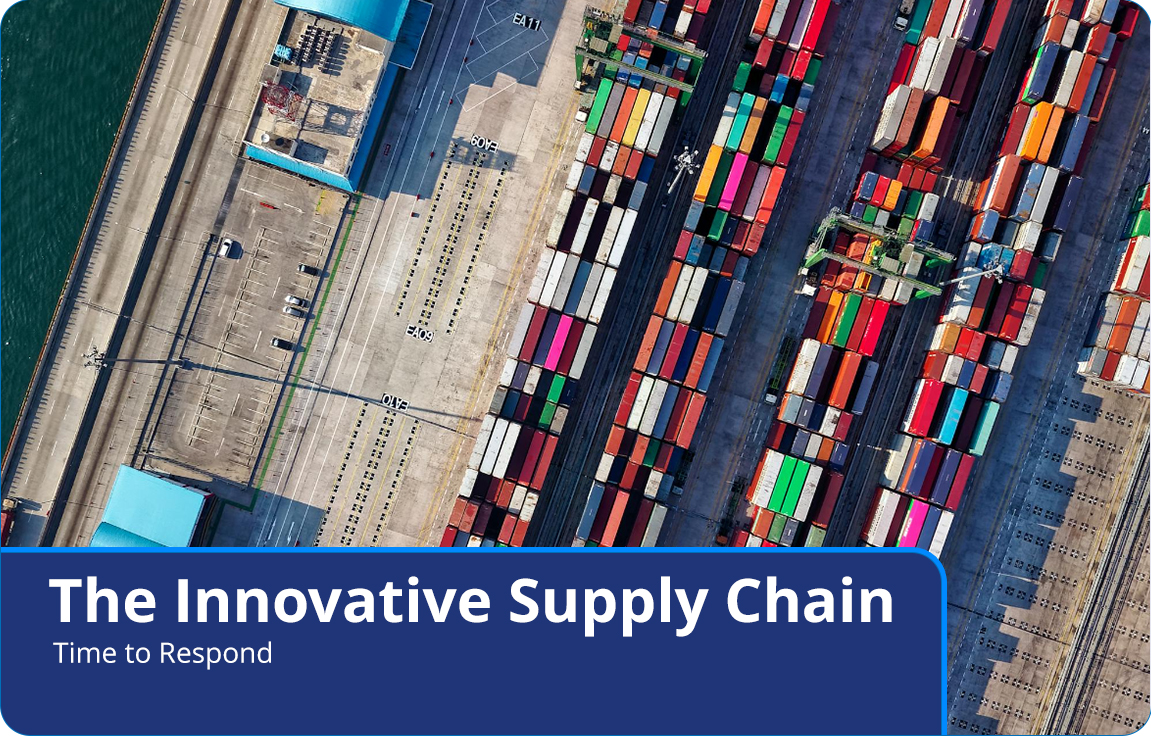

The Innovative Supply Chain: Time to Respond
Innovative Supply Chains: Trade Interchange Report How are consumers are driving new product development in the food and beverage industry? Trade Interchange conducted independent research which […]
Innovative Supply Chains: Trade Interchange Report
How are consumers are driving new product development in the food and beverage industry?
- 77% of respondents say consumers are ‘very’ or ‘quite’ important in informing new product development?
- 59% of food and drink managers believe that product development is not keeping up with new technologies?
- 52% of food and drink managers believe that product development could be more open to change than it is?
Trade Interchange conducted independent research which surveyed 200 managers and executives working within the supply chain, procurement, technical, quality, legal and finance departments in the UK food and drink industry.
They were questioned about product innovation in the food and drink industry, including what drives change and what pressing concerns currently surround new product development and innovation within supply chains.


What is Digital Transformation?
Copy link Digital Transformation involves implementing changes to businesses, so processes are operating on a solely digital basis. This could mean shifting company methods from […]
Digital Transformation involves implementing changes to businesses, so processes are operating on a solely digital basis. This could mean shifting company methods from analogue to digital procedures or updating existing digital processes within the business to encompass newer, more innovative technologies. This white paper from Trade Interchange explores the benefits of Digital Transformation in Supplier Management, including: Why Digital Transformation? Digital Transformation in Supplier Management The Impact of COVID-19 Technologies on the Rise How ARCUS® Supplier Management Software can help Download the white paper using the form to learn more.
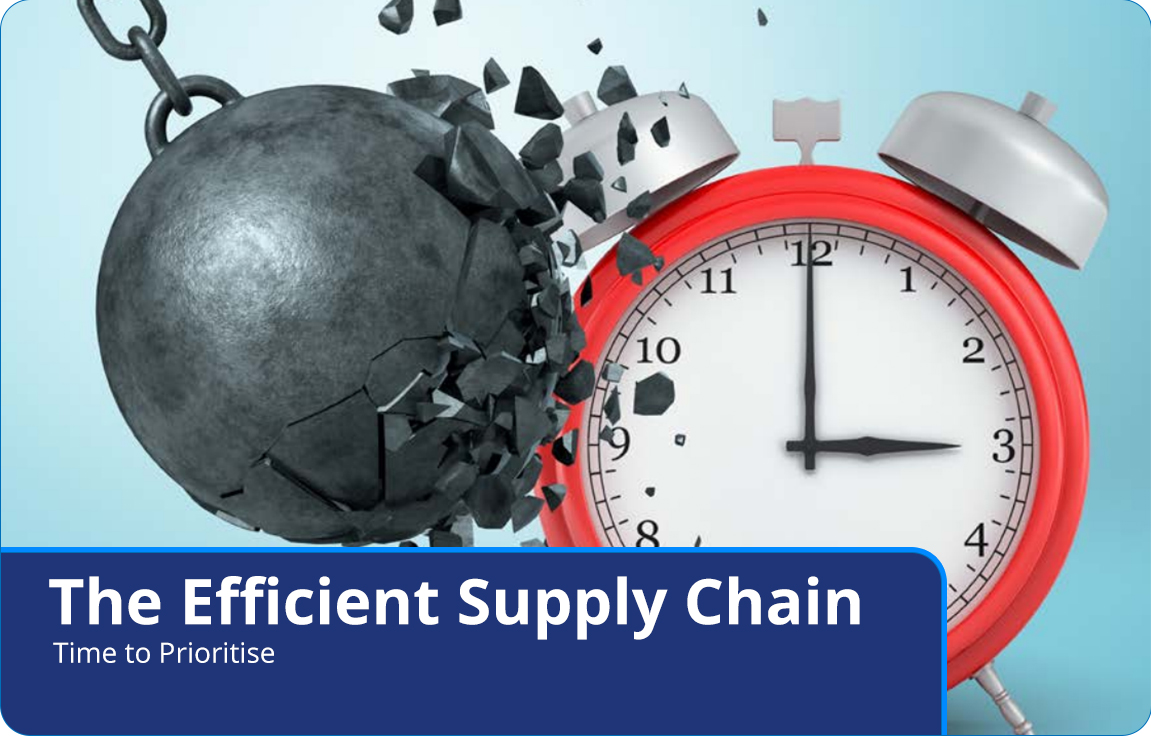

The Efficient Supply Chain: Time to Prioritise
Efficient supply chains: Trade Interchange Report How you can improve efficiency despite the increasing complexity of global supply chains. Trade Interchange surveyed managers, heads of departments, […]
Efficient supply chains: Trade Interchange Report
How you can improve efficiency despite the increasing complexity of global supply chains.
- Nearly half (48%) of supply chain employees’ time is taken up assessing supplier and contractual risk.
- 21% of respondents to the Trade Interchange survey spend between two and three days a week chasing suppliers for information.
- 77% of respondents said that they would have more time to concentrate on more interesting work if supplier data inputting could be automated.
Trade Interchange surveyed managers, heads of departments, and above, working in the UK food and drink manufacturing industry about the most time-consuming tasks for employees in procurement, technical, quality, supply chain, legal and finance departments around supply chain management.
The report examines which areas companies in the food and beverage sector lose the most time to, and how automation can improve operations for an efficient supply chain, freeing-up more time to focus on more valuable and interesting duties.


The Smart Supply Chain: Artificial Intelligence
Smart Supply Chains: Artificial Intelligence and Trade Interchange How connection through artificial intelligence can transform your business. This Trade Interchange report asked managers working across the […]
Smart Supply Chains: Artificial Intelligence and Trade Interchange
How connection through artificial intelligence can transform your business.
This Trade Interchange report asked managers working across the areas of supply chain, technical, quality, legal, and finance in the UK food and drink manufacturing industry how they feel about smart supply chains.
The report reveals the current use of artificial intelligence in UK supply chains and future plans to use it.


Modern Slavery in the Food & Drink Supply Chain
Modern Slavery: Trade Interchange Report Why the food and drink industry is particularly vulnerable and how to minimise risk. Our research findings from surveying 225 UK […]
Modern Slavery: Trade Interchange Report
Why the food and drink industry is particularly vulnerable and how to minimise risk.
- 2,255 modern slavery offences were recorded by police in England and Wales in one year.
- Only 14% of respondents collected and recorded information in relation to the Modern Slavery Act.
- 53% of respondents said they only had “some idea” of what defines modern slavery.
Our research findings from surveying 225 UK food and drink supply chain managers have highlighted a number of key concerns in the industry and potential steps to move forward.
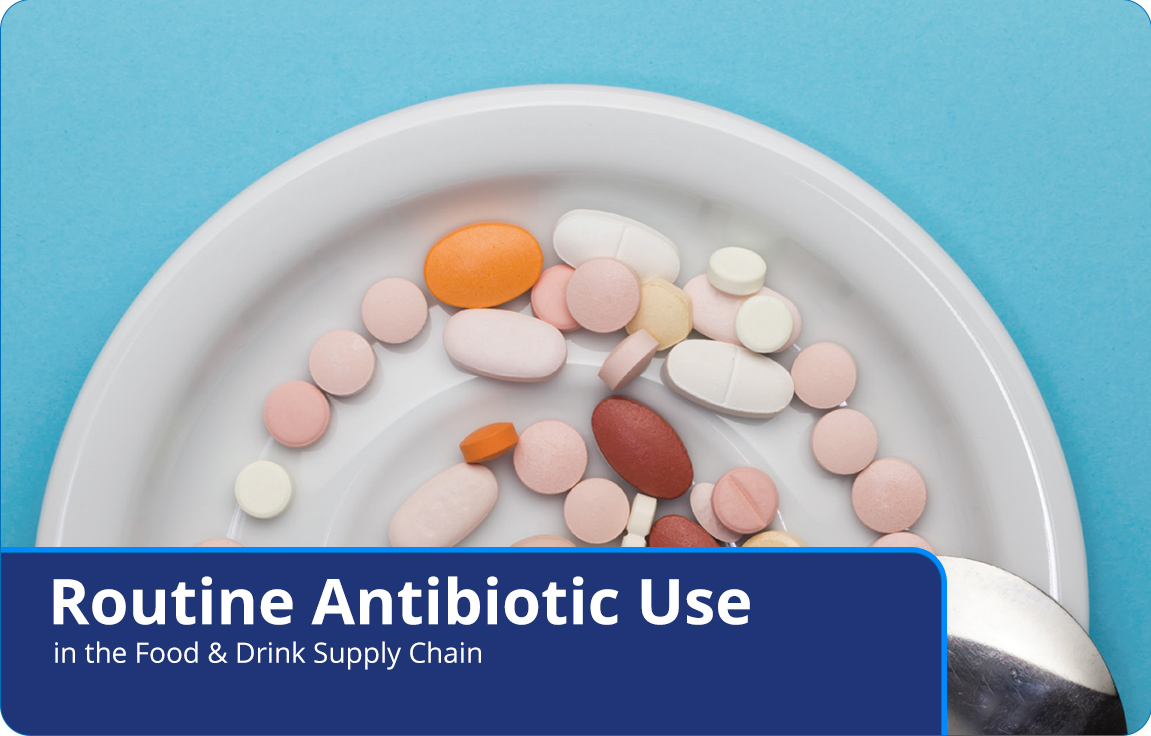

Antibiotics in the Food & Drink Supply Chain: Anticipating Change
Antibiotics in the supply chain: Trade Interchange Report Why antibiotic usage is set to become a big issue and what you can do about it. Our […]
Antibiotics in the supply chain: Trade Interchange Report
Why antibiotic usage is set to become a big issue and what you can do about it.
- 67% of respondents are concerned about the use of antibiotics in their supply chain.
- Only 41% of respondents monitored antibiotic use among their suppliers.
- 67% of respondents are worried that Brexit will have an adverse effect on visibility in their supply chain.
Our research findings from surveying 225 industry professionals with direct responsibility for managing food and drink suppliers have highlighted a number of key concerns in the industry and potential steps to move forward.
